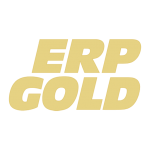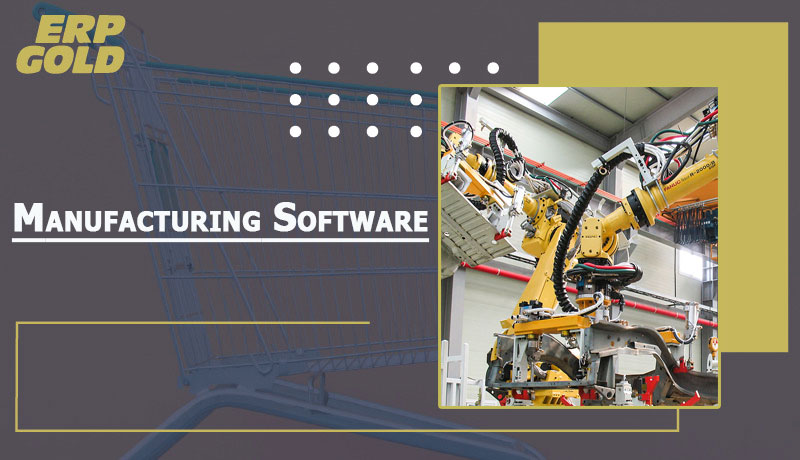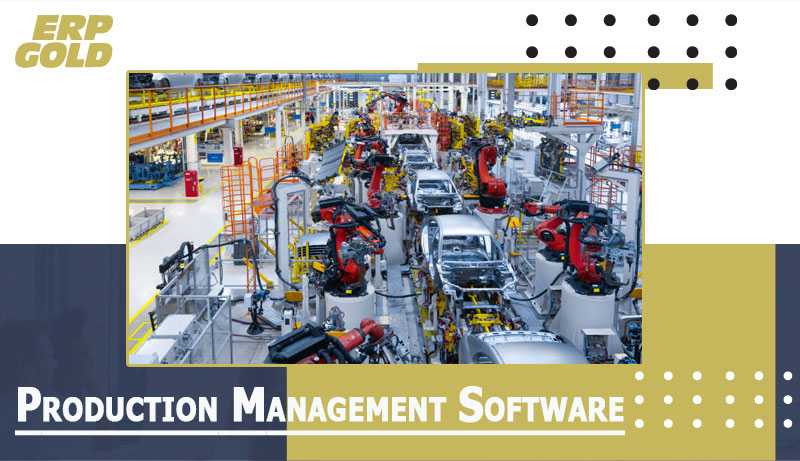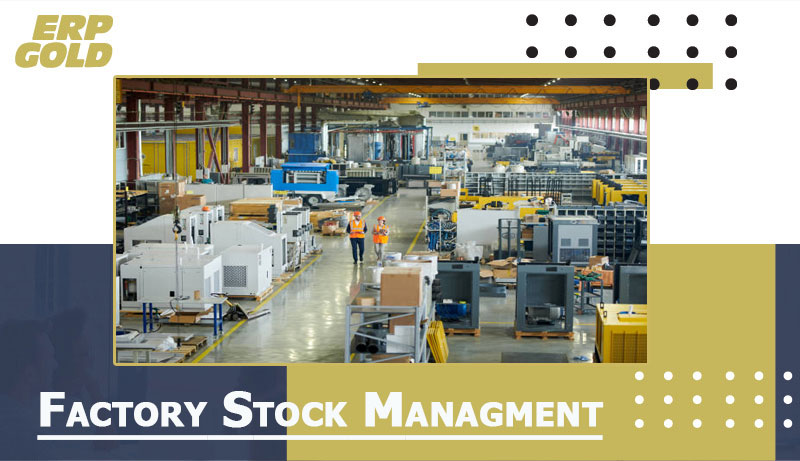-
What is Manufacturing Accounting?
Components and raw materials may be organized in accounts to assist simplify production. By building kits and kit families, you may organize stock like basic ingredients. By organizing materials according to production line processes, you can easily identify what stock is necessary and when it needs to be replenished.
-
What does manufacturing accounting software for small businesses do? Define
Keeping track of financial information in the context of industrial operations is referred to as accounting. This involves developing and monitoring production budgets, tracking COGS, and controlling inventories.
Manufacturing accounting software for small business is vital to a small business’s success. It helps company owners manage financial objectives, assess manufacturing costs, and set price.
Small enterprises may use accounting software and services to aid with manufacturing accounting. Working with a trained accountant or bookkeeper ensures proper production accounting.However, question is how to choose manufacturing accounting software that can be done by going through its functions which are mentioned below
-
Key Functions of Manufacturing accounting software for small business?
Small companies must accomplish some critical activities in order to be successful. In manufacturing accounting, for example. Production scheduling and inventory management software may assist small enterprises manage their manufacturing expenditures. This data is essential for small enterprises to make educated production choices.
There are many software solutions on the market that can give small firms with manufacturing accounting capabilities. Aside from industrial accounting, several of these software solutions are created exclusively for small firms. Whatever software package a small firm selects, it must have crucial manufacturing accounting software for small business.
You can correctly monitor the accounting of any industrial firm. Sure, you’ll require accounting software. Don’t purchase the first box you see. Manufacturing accounting software may be with you for the long haul, so pick wisely:
Inquire about the goods:
- Make sure it works for you first: Consult discussion boards and speak with colleagues and acquaintances to learn about the software other companies in your industry are using. Accounting software built with input from manufacturers is the best option for your needs.
- Make it scalable: Aim towards the cloud: Cloud-based accounting software allows you to view your accounts from anywhere and reduces IT maintenance expenses.
Accounting Methods to Use
After deciding on the program, you must decide on its usage. Determine which manufacturing accounting software for small business work best for your company. For further information, see your accountant or financial counsellor.
- Batch manufacturing utilizes the concept of job order costs (as opposed to product tracking).Each batch’s labor hours and raw material units are recorded.
- Process costing: Useful if you manage a production line that produces the same components. Costs are allocated by department, not by task.
- Activity-based costing (ABC): A method of fine-tuning a manufacturing process. This is relevant to tasks such as customer service. Time-driven activity-based costing tracks expenditures throughout time. Don’t worry if this seems confusing. Applying the techniques to your own company will make more sense. Every organization is different, thus you may need to use various strategies for different portions of it.
Organize your company data
Once your manufacturing accounting software for small business is set up properly, you can start monitoring critical company data. Among the things to monitor are:
- Transactions: Charges and receipts during a time. Purchases, sales, repayments, and loans Sort them into the appropriate ledger (expenses, payables, receivables, etc.).
It is important to have assets and liabilities at the end of an accounting period in order for the period to be considered complete.
- Cash on hand: You must always know how much cash is in the bank.
- Monitoring your inventory is a complex process that should be reviewed with your accountant or financial advisor. First, learn about taxes, FIFO , LIFO , and inventory flow monitoring.
You’ll want to conduct all of this monitoring online. That way, you can monitor your company from anywhere. Cloud-based software can accomplish this and provide a paper trail if needed.
Analyze and optimize your production process
With these accounting procedures in place, you may utilise them for more than simply tax monitoring. You may also use them to assess your company’s efficiency and make improvements. Examples of frequent analyses are:
- Budgeting: An overview. Analyze expenses over a certain time. Great for budgeting and tracking changes in input costs and revenues.
- Constraint analysis: Identify bottlenecks – the slowest elements of the production process. Increase manufacturing speed by widening bottlenecks.
- Budget variance analysis: How much did you spend? Variance analysis will uncover the difference and explain its existence.
For the following accounting period, you may adjust your budgets using the aforementioned approaches, but you’ll also need to consider more comprehensive production schedule information.
Accounting need not be a burden.
As you can see, industrial accounting is about much more than simply statistics. With the correct industrial accounting software, you’ll get a new perspective on your company. Consider it a tool for improving your company practices.
Not accounting, but manufacturing is definitely your forte. So ask for assistance. Find a seasoned accountant or financial expert. Hire them after an interview. Confidentially explain your company’s production processes.
With the correct manufacturing accounting software for small business in place, you can improve your procedures. This can help you find your most lucrative product lines and clients, as well as optimize your budgeting.
- Ending Thought
Manufacturing accounting software for small business helps small firms manage their finances and monitor revenue and costs. Accounting software can help small firms remain organized and save money. Accounting software comes in a variety of formats, and selecting the right one may be a challenge. Manufacturing accounting software is developed for product manufacturers. This program may assist firms monitor inventories, expenses, and sales. It may also assist manage supply chains and monitor industrial processes.




